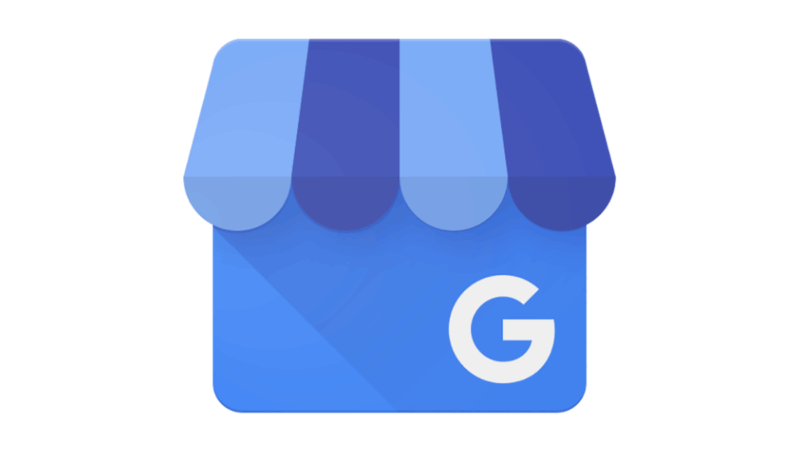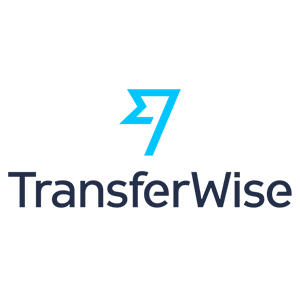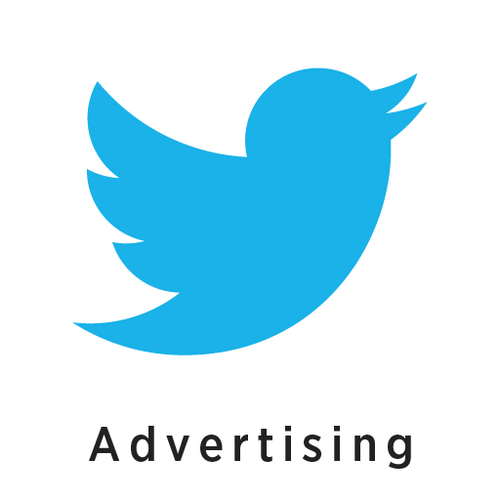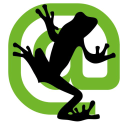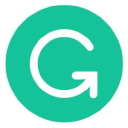We Grew Our SEO Agency To $20K/Month In Just 6 Months
Hello! Who are you and what business did you start?
Hi! I’m Ilias Ism and together with my co-founder Sasha, we started an SEO agency called MagicSpace SEO. Our main clients are startups in competitive fields. As they grow, ad budgets are exploding up to $5-20k per month and they don’t even always bring in high-quality leads. We help them reach their audience through SEO by using our growth marketing skills learned from being ex-SaaS founders and marketing leaders.
We know how hard it is to get noticed and get rewarded for building a great product for years. Our mission is to get startup founders the traffic they deserve. We do that with content marketing, technical SEO, backlinks, partnerships, and affiliate marketing. All focused on ROI, revenue-based marketing, and performance-based SEO.
Unlike other SEO agencies, we prefer not to charge for our time, outsource as much as possible to offshore contractors, or mislead clients with poor-quality spammy backlinks. That’s why we focus on pay-per-lead models or revenue-share agreements to get our work done. If they make a lot of money, so do we.
Now, just 6 months after we started, we’ve grown to $20K MRR. Mostly coming in through affiliate...





